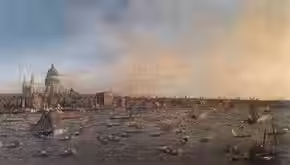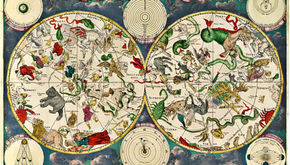top of page
The Feed
Search

Jonathan Gunson
Jul 28, 202519 min read

Jonathan Gunson
May 25, 202512 min read

Leticia Peró Gala
Apr 27, 202510 min read

Branko Ladan
Jan 26, 20259 min read

Branko Ladan
Dec 15, 202410 min read

Ana Avramović
Sep 8, 202418 min read

Chiara Cozzatella
Sep 8, 202416 min read

Diana Hlaic
Jul 15, 202411 min read

Diana Hlaic
Jun 18, 202410 min read

Diana Hlaic
Jun 2, 202412 min read

Kyra Nelson
May 5, 202422 min read

Ana Avramović
Apr 21, 202416 min read
Valentina Cambruzzi
Apr 21, 20249 min read

Kyra Nelson
Apr 7, 202435 min read
bottom of page






















